THAT MOST IMPORTANT THING: LOVE. Eternal unfulfillment

We also learn that marital conversations resemble stage dialogues, where beautiful phrases matter more than the content. In his adaptation of Christopher Frank’s famous novel La Nuit américaine, Żuławski – despite claiming that it is the most important thing in life—fails to show how one should love.
That Most Important Thing: Love, director’s first film made in France is considered by most viewers to be among his greatest works. It must be admitted that the Polish filmmaker, appreciated abroad, made considerable efforts for his film to gain recognition – inviting the phenomenal Romy Schneider and the rebellious Klaus Kinski to the cast speaks to his extraordinary directorial ambition and immense charisma, as does his collaboration with Georges Delerue on the musical score. His regular cinematographer, Andrzej Jaroszewicz, ensured that the frames in That Most Important Thing: Love did not lack the dynamism that is so crucial in a love story.
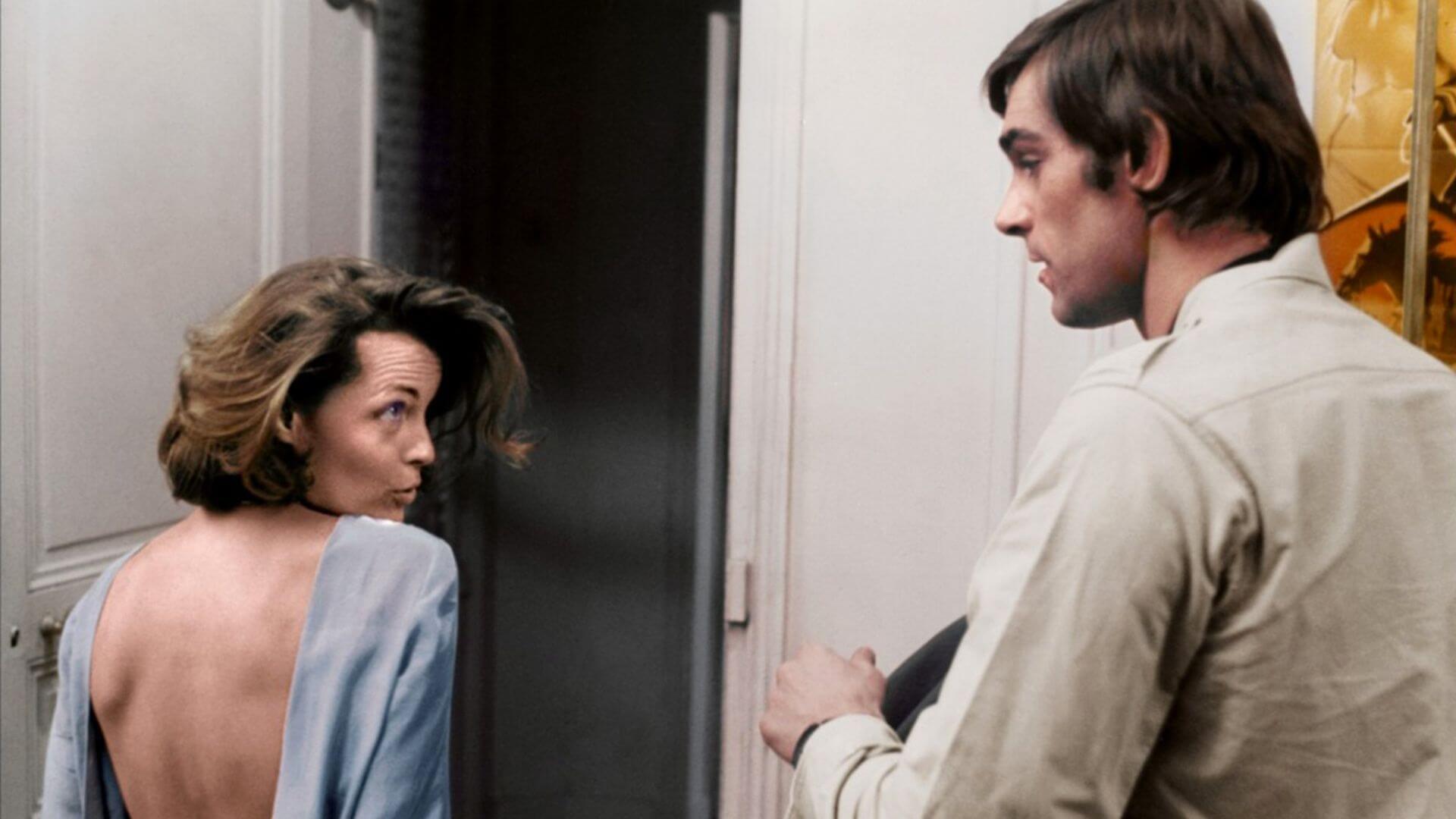
And although there is nothing to criticize in Żuławski’s visual style, the film does not hold up as a remarkable work. In the story of an actress struggling with fading fame and oscillating between her equally lost husband and an adoring photographer, what is missing most is coherence. The director failed to merge the threads of a broken career and emotional-sexual unfulfillment. Nadine, played by Schneider, is an unstable, fragile character—one moment railing against the lack of professional success, the next begging her husband to have sex with her. When she is rejected, she offers her charms to the photographer Servais, who, however, confines love to the platonic realm. Amid this erotic tension, an emotional battle rages between the protagonist, her husband, and Servais.
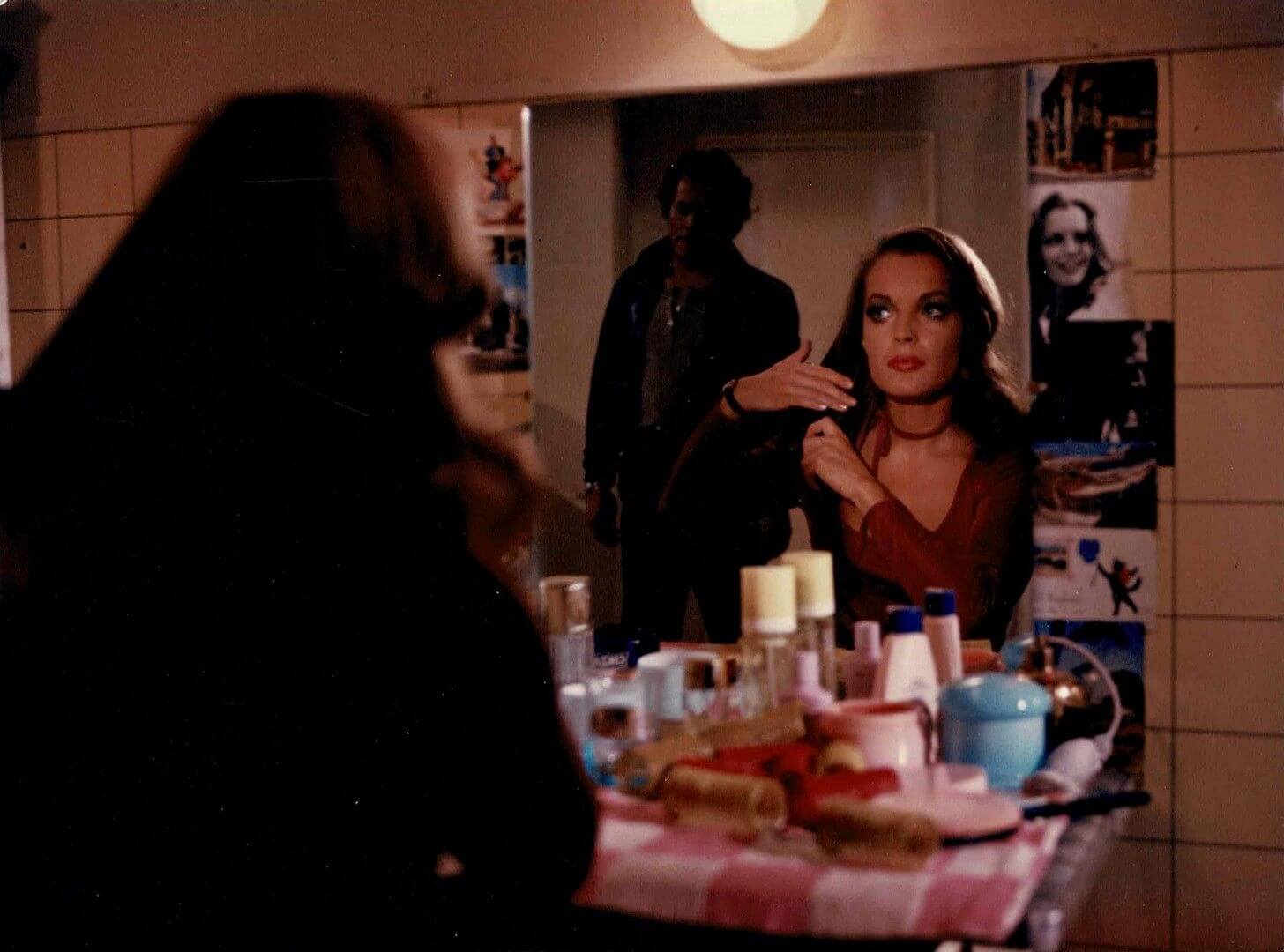
However, the film’s plot struggles to follow a clear direction—in the breaks between the emotional games of the love triangle, Nadine tries to salvage her career by acting in a play directed by an eccentric director, having earlier even tried her hand at a pornographic film. It is with a shot of simulated sex that That Most Important Thing: Love begins—we see Nadine, fallen, with tears in her eyes, trying to utter pretentious lines. This scene defines the protagonist as an unfulfilled character, defeated by her own failures. This element of the character’s personality is the only constant in Żuławski’s film—the conflicts we observe on screen remain poorly grounded and unclear to the viewer.
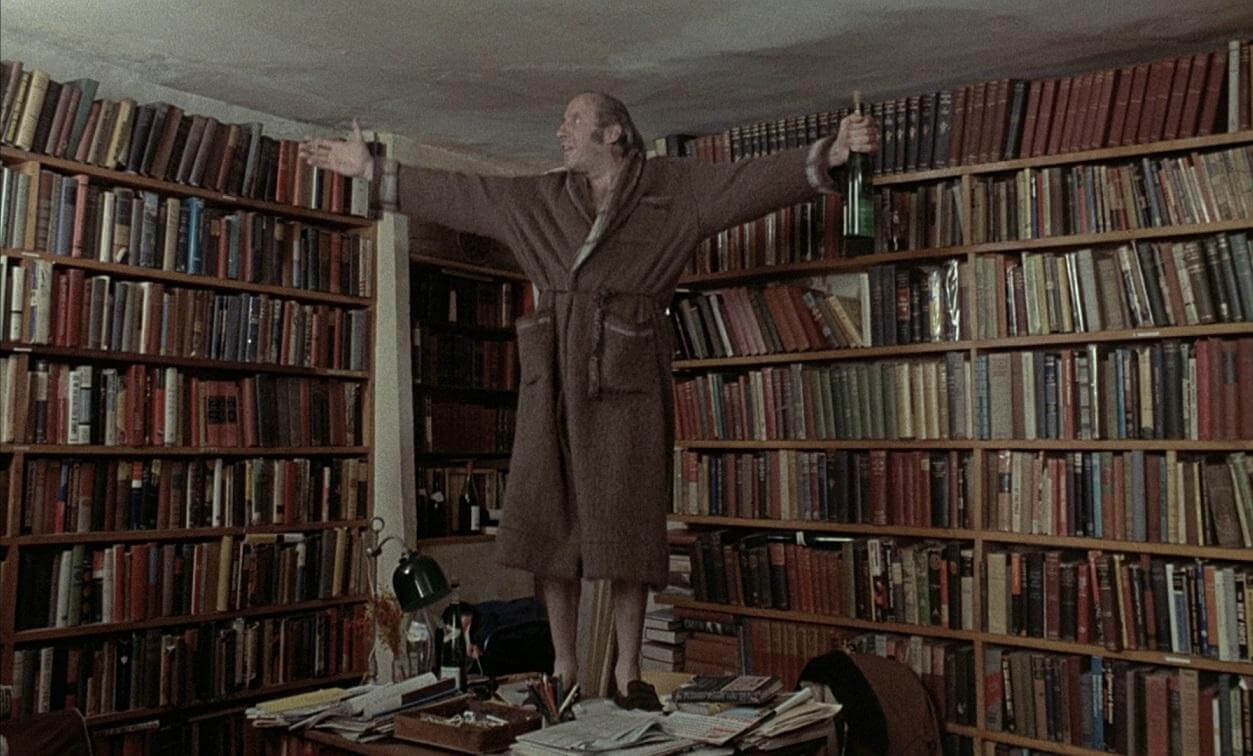
The director drifts between characters, barely sketching the intriguing figure of Karl-Heinz Zimmer (the incomparable Kinski) or the porn-gangster Mazelli, similarly treating some of the relationships between the characters. In the background of all this, Nadine’s romance with art unfolds—Servais borrows money from the aforementioned mobster to finance a production of Richard III in the theater, a play meant to fulfill Nadine’s acting ambitions. The play does not succeed, but the debt to Mazelli remains. Leaving her lover in a difficult situation, the protagonist wants to end the affair, but even that she fails to do completely.
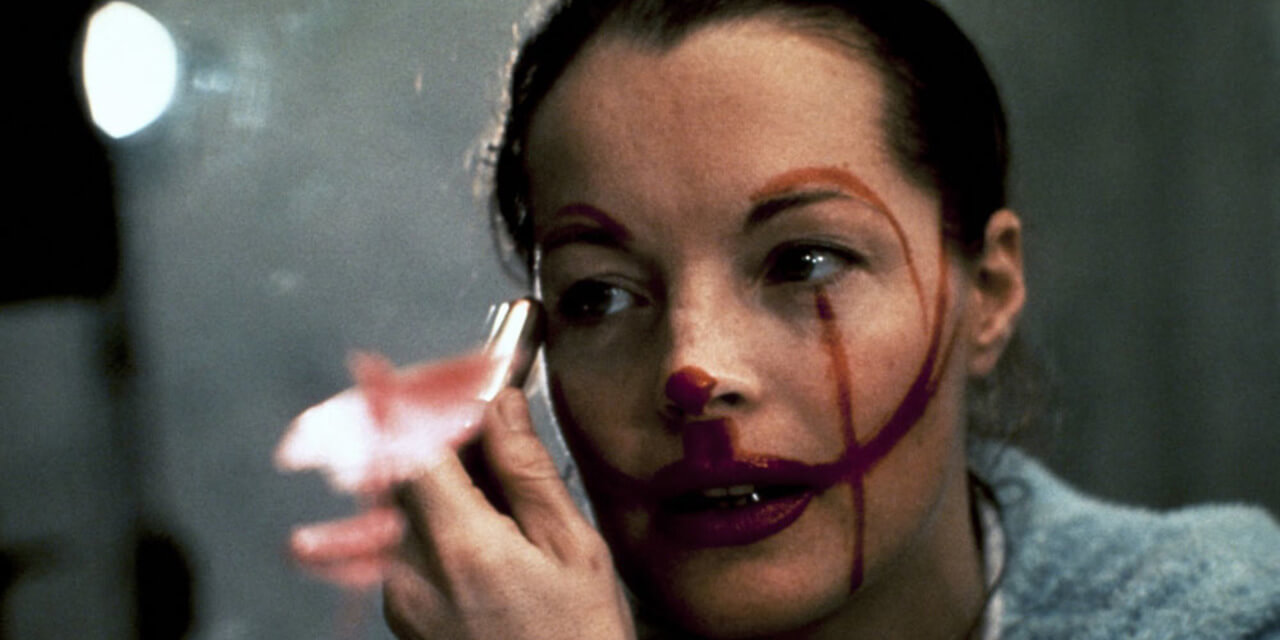
What does it matter that Schneider created a brilliant performance when the world in which Nadine exists is an extension of the theatrical stage? The characters compete in delivering increasingly lofty lines, quoting famous films or Rimbaud’s works, but they lack even a shred of credibility. Perhaps this is what Żuławski intended—to make the characters’ emotional relationships appear unnatural, to have exaggerated dramatization of even the most mundane issues serve as a metaphor for the masks people wear in everyday life. The problem is that—even if this assumption were true—the director got lost in creating this reality, sacrificing the universal appeal of his film.
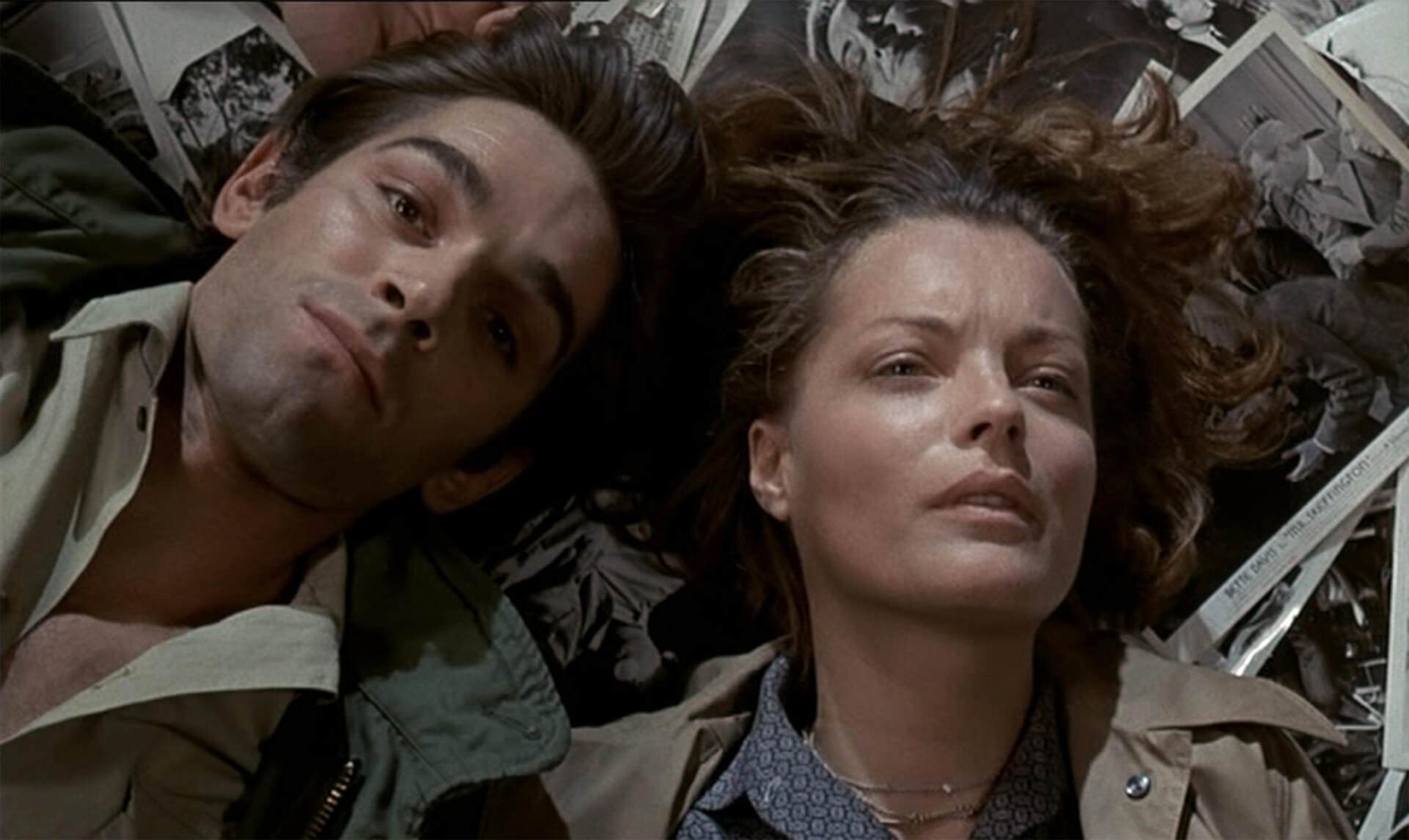
Therefore, That Most Important Thing: Love is most often discussed in the context of Romy Schneider’s César-winning role, which Pedro Almodóvar honored with his film All About My Mother. It is difficult to assess Andrzej Żuławski’s work as an epoch-making film about the power of love—for despite all its formal qualities, it fails to prove the thesis suggested by its title.

